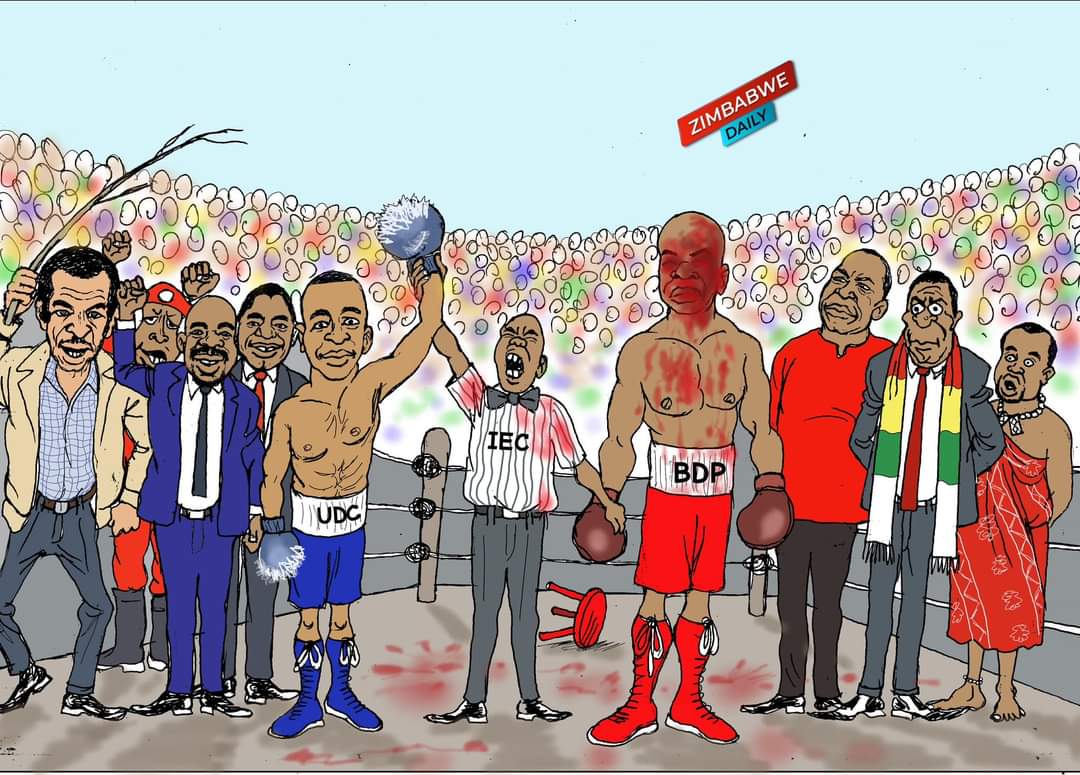In a significant political development, President Mokgweetsi Masisi has conceded defeat in the recent elections, marking the end of the Botswana Democratic Party’s (BDP) 58-year rule. This unexpected outcome has led to Masisi announcing that he will “step aside” as the leader of the country.
Election Results
Preliminary results indicated that the BDP, which has governed Botswana since its independence in 1966, lost its parliamentary majority. Masisi acknowledged the party’s poor performance, stating, “We got it wrong big time in the eyes of the people”. The BDP was reported to be trailing in fourth place, with the main opposition party, the Umbrella for Democratic Change (UDC), leading the results.
Transition of Power
Masisi expressed his intention to ensure a smooth transition, congratulating the opposition on their victory. He stated, “I will respectfully step aside and participate in a smooth transition process” [𝟏]. The UDC, led by Duma Boko, had already secured 25 seats and was aiming for the 31 needed to form a government.
Economic Context
This political shift comes amid economic challenges for Botswana, including a downturn in diamond demand, which has significantly impacted the economy. The International Monetary Fund projected a slowdown in economic growth to 1 percent in 2024, down from 2.3 percent last year. Unemployment has also risen to 27 percent, with youth unemployment being particularly high.
Conclusion
The election results represent a pivotal moment in Botswana’s political landscape, as the BDP’s long-standing dominance has been challenged. With over one million registered voters in a population of 2.6 million, the implications of this election will likely resonate throughout the country as it navigates both political and economic transitions.
Zim GBC News*©2024


